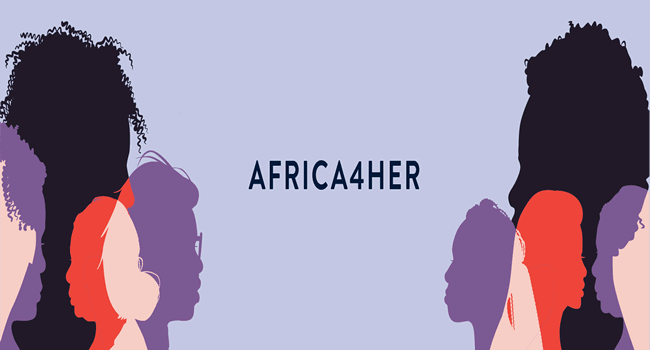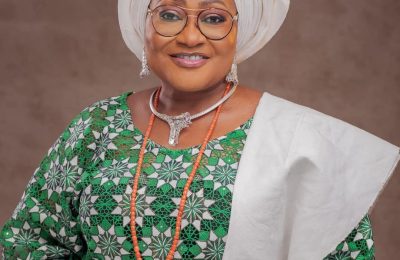BY YEJIDE GBENGA-OGUNDARE

Based on the understanding that there are still laws that deny equal rights to women, the Young African Leaders Initiative (YALI network) has put together an online course for women through its Africa4Her, for activists, advocates and all stakeholders in the fight for equality for women.
According to the NEW YALI Network online course, women and girls make up half of the world’s population, yet far too often, their voices, experiences, and contributions are overlooked or undervalued, particularly with regard to laws that hold women to a different standard and block the path to progress.
The new YALI Network online course, “The Legal Barriers to Women’s Rights and Opportunities,” examines the legal and regulatory barriers hindering women’s rights and access to equal economic opportunity.
The course was written by The World Bank’s Women, Business, and the Law project following their research which shows that equal laws lead to more working women, higher wages, more female entrepreneurship, and more women in management positions, boosting economic growth for their countries.
By ensuring that women have the same legal rights and opportunities as men, we can promote increased productivity, diverse economies, and better living standards for all.
According to the Office of Global Women’s Issues at the U.S. Department of State, women and girls represent one-half of the world’s population, yet, suffer from high levels of discrimination; barriers such as lack of economic opportunities, education, and political participation block women from progress and create a society of gender inequality.
Gender inequality affects every aspect of life; relationships, finances, education, development, health, and more but despite encouraging progress to support women’s empowerment, more must be done on education, legal, and legislative protections that are imperative to promoting gender equality.
According to YALI network, throughout the Africa4Her, participants will learn more about the barriers and laws that keep women from participating in every area of our communities and how to use resources for best practices to improve gender equality and women’s rights.
READ ALSO FROM NIGERIAN TRIBUNE







